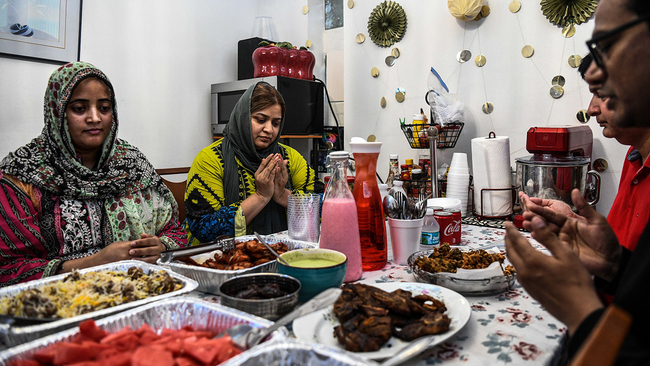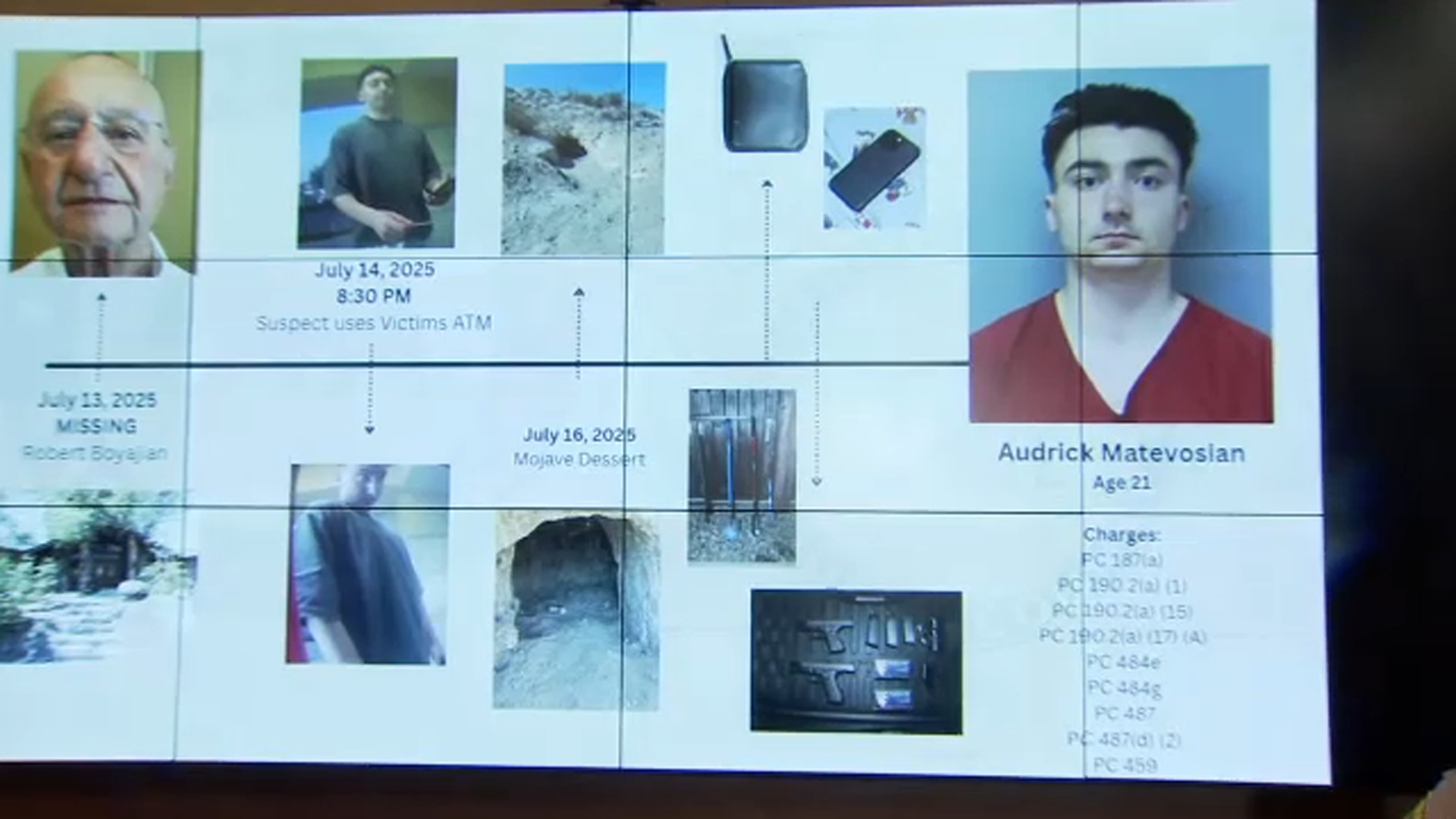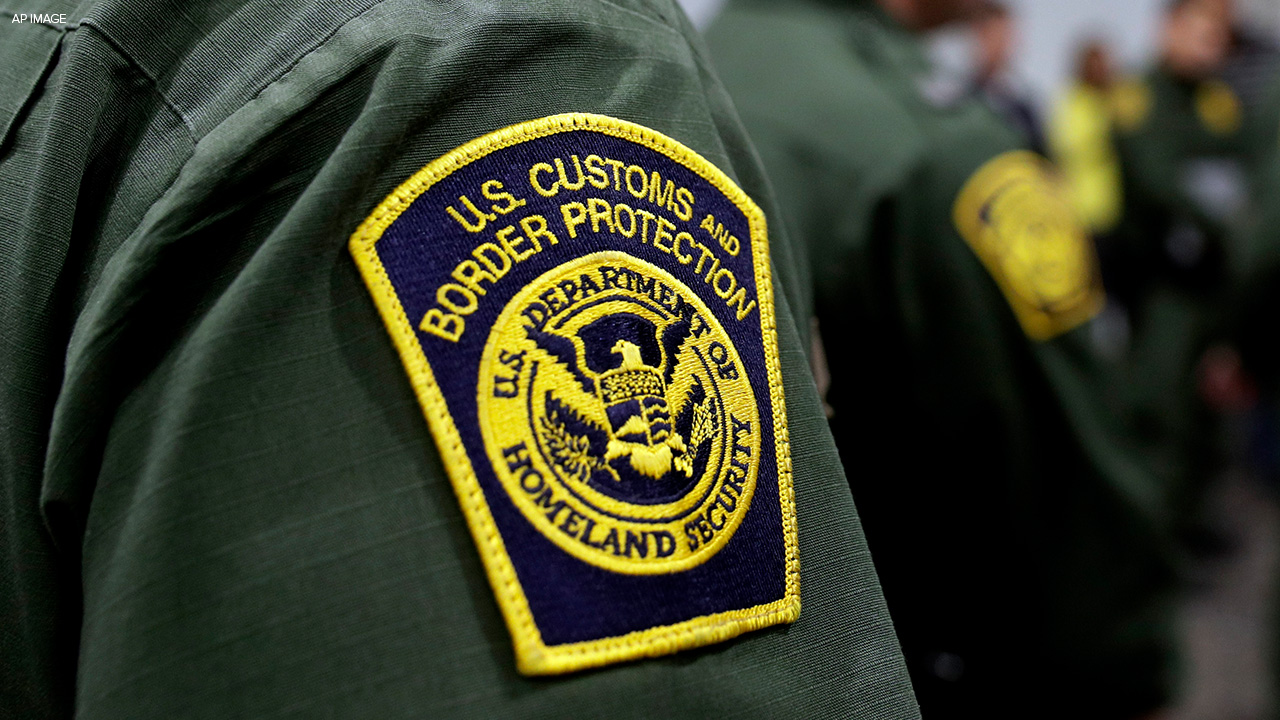Ramadan 2024: How Muslims observe the holiest month in the Islamic calendar
Ramadan is predicted to end on Tuesday, April 9 with Eid al-Fitr.
Ramadan, Islam's holiest month, began for most Muslim communities at sundown on Sunday, March 10 in the U.S. It's expected to end with Eid al-Fitr on Tuesday, April 9.
Here is what you need to know about its significance, how Muslims observe the month and how non-Muslims can wish their friends and neighbors "Ramadan Mubarak."
What is Ramadan, and why is it important?
Ramadan is the ninth month of the Islamic calendar and is marked by fasting, reflection, charity and prayer.
It is believed that the first verses of Islam's holy scripture, the Quran, were revealed to the Prophet Muhammad during this time.

Is Ramadan the same time each year?
Ramadan is based on the lunar calendar, which consists of a 12-month year of approximately 354 days. This means each lunar month moves 11 days in the Gregorian calendar observed by the United States.
When is Ramadan 2024?
In 2024, Ramadan began on sundown on Sunday, March 10. It's expected to end on sundown on Tuesday, April 9.
How do Muslims observe Ramadan?
The more than 2 billion observant Muslims around the world will engage in fasting from food, drink and sexual intercourse between dawn and sunset each day of the month, said Hussam Ayloush, the executive director of the Greater Los Angeles Area office of the Council on American-Islamic Relations.
Fasting is obligatory for Muslims, except for the ill, pregnant, traveling, elderly and/or menstruating, according to National Geographic.
These fasting periods can range from 11 to 16 hours per day. Before fasting each day, Muslims will begin with a pre-dawn meal called suhur and then begin their fast after fajr, the first prayer of the day.
Some Muslims carry on the tradition of the masaharati, a person tasked with playing a flute or beating a drum to rouse fellow fasters for the suhur.

At dusk, Muslims break their fast during iftar, which is a meal that means "breaking the fast," and then pray the sunset prayer called maghreb.
In some countries, like Egypt and Saudi Arabia, the iftar is marked by communal banquets, according to NatGeo. Several continue the tradition of firing antique cannons to mark the break of the fast.

Traditional foods served include dates, "rich in sugars, potassium, magnesium, and fiber -- thus an ideal boost after a day of fasting," NatGeo reports. Meals are often comprised of calorie-dense stews and breads.
This ritual of daily fasting gives Muslims a period of spiritual reflection, Ayloush said.
"Being without food and drink throughout the day hopefully builds in us a kind of empathy where we feel very grateful for the blessing we receive from God ... and the way to show thankfulness is also by being empathetic who have less of these privileges," he said.

Muslims will also avoid negative acts like gossiping, lying and arguing during the month.
How do Muslims give charity during Ramadan?
Charity is a very important practice in Islam. During Ramadan, Muslims will often hold food drives or fundraisers to help the less fortunate.
What are important symbols of Ramadan? How do Muslims decorate?












